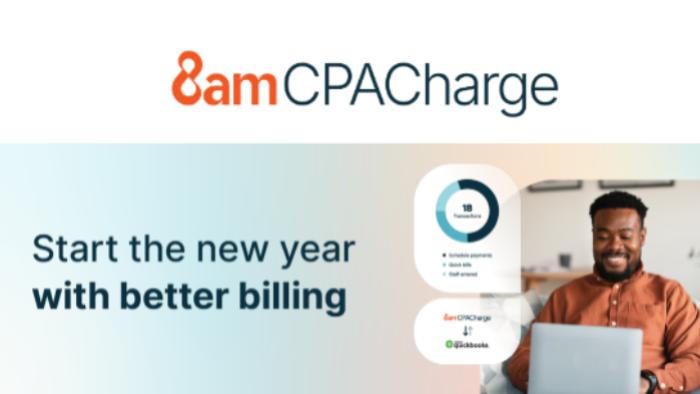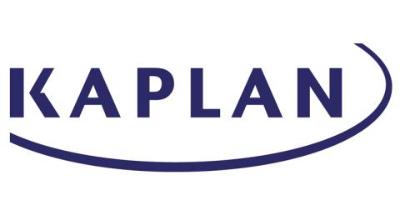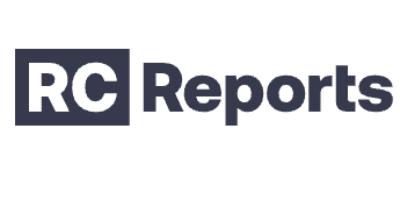Roth Conversions - The What, When, Who and How

Converting IRA funds to a Roth IRA may be beneficial to you in the long run, but it is recommended that you talk with your financial advisor about your individual situation before making any final decisions.
Roth Conversions - The What, When, Who and How
When you are investing in your retirement, it is important to put it somewhere that will help you save money in the long run. Many people are currently investing in Traditional Self-Directed IRAs (SDIRAs) where they invest their tax-deferred money now and then pay taxes on the withdrawals when the time to retire comes. Another option that may be beneficial to consider, however, is the Self-Directed Roth IRA. Both options offer different benefits, allowing you to invest in private assets like real estate or private companies, but depending on a few personal factors, one may prove more beneficial to you than the other.
While Traditional SDIRAs relieve some financial burden more immediately by allowing tax-deferred contributions, taxes will still be collected upon distribution. For some people, this may not be the ideal situation as it’s harder to predict where you’ll stand financially when the time to retire does come. Not only that, Traditional SDIRAs have a required minimum distribution once a certain age is reached. On the opposite end of things, Roth SDIRAs take taxes out when the contributions are made, and then they are distributed tax free. Roth SDIRAs also do not have a required minimum distribution age, which is a good way to generate familial wealth.
ROTH CONVERSIONS
If you are looking to open a Roth SDIRA but you are already investing in a Traditional SDIRA, you can execute a Roth conversion without having to start a new account and start over. This technique helps you maximize your retirement investment earnings by converting assets from a traditional IRA to a Roth IRA. This way you can take advantage of the tax advantages a Roth IRA has. The rules and regulations behind conversions are still fairly open, so there are a lot of different ways to achieve whatever it is you’re looking to do. If you are considering a Roth conversion, it is important to make sure that you evaluate all the different factors that go into it so that you can confirm that making the conversion is what is best for you. Some of those factors might be the taxes, or other costs, and the duration of time that you’ll be investing your money.
With a traditional IRA, your yearly contributions are tax deductible now, but you will have to pay income tax on all distributions later on. You will also be required to take a yearly distribution once you reach age 72. With a Roth IRA, you have to pay income tax on your contributions now, but aren’t subject to a tax on withdrawals once you reach age 59 ½. While you aren’t required to take a yearly distribution for a Roth IRA, you still have to leave your funds in your account for at least five years before taking any distributions to avoid penalty, even if you’ve reached the 59 ½ mark. Depending on your income level now and what you expect your income level at retirement to be, a Roth conversion could make sense for you. Below are guidelines to help you decide if you should convert your traditional IRA funds to a Roth IRA.
WHO QUALIFIES?
The IRS recently lifted the income cap on Roth conversions, so even high income earners can convert their assets into a Roth. However, just because you can convert doesn’t mean you should. Because you will be taxed on any converted funds coming out of your traditional IRA and won’t be taxed later on distributions from a Roth, it generally makes more sense to convert if you are in a lower tax bracket now than what you expect to be at retirement. If you are in your peak earning years, the taxes you pay on your conversion will be higher than the taxes you would owe at retirement when you start your traditional IRA distributions. If you think you’ll be in the same tax bracket at retirement as you are now but think congress will raise the income tax by the time you reach retirement, it also may make sense to convert to a Roth now.
WHY CONVERT?
As explained above, one reason to convert is to save on taxes. Another reason why someone would want to convert is if they were planning on entrusting the IRA to children or grandchildren upon death. This way, the inheritors wouldn’t owe taxes on the funds and could withdraw any time as long as the account met the five year requirement.
SIX THINGS TO KEEP IN MIND:
1. The deadline for converting your traditional IRA to a Roth IRA is December 31st. Don’t confuse this with the deadline to contribute to a Roth IRA, April 15th.
2. If you need to take a minimum required distribution the year you convert, you must take the distribution before you move any funds.
3. If you are younger than 59 ½ and use IRA funds to pay for the conversion tax, you will be subject to a 10% fee. It is suggested that you use another source to pay for the tax to avoid unnecessary penalty.
4. Even though you may qualify for a Roth conversion, there are still income restrictions on direct contributions to the account.
5. There are no restrictions on how much you can convert or how many times you can convert. If you are going to be in a lower tax bracket for a few years, you can make a conversion each year that doesn’t bump you up to the next tax bracket and save even more on taxes with this method.
6. Any post-tax funds in your IRA aren’t eligible for conversion.
Converting IRA funds to a Roth IRA may be beneficial to you in the long run, but it is recommended that you talk with your financial advisor about your individual situation before making any final decisions.
Share This Article
What's Trending?
Trending topics & tools for the CPA community
How Firms are Rethinking Reasonable Comp (Quick Video)
It’s a short video and makes the value of repeatable, data-backed approach clear (especially compared to spreadsheets, gut checks and one-off calculations).
Learn how 8am CPACharge delivers clarity and confidence for accounting firms.
8am™ CPACharge brings invoices, payments, and reconciliation together in a solution designed to make your day easier from start to finish.
Seniors on Social Security Could Face $460 Monthly Cut to Benefits
Jim Komoroski, RSSA®, is quoted in Newsweek, offering expert insight into the projected monthly cuts to Social Security benefits should Congress fail to act.
Resources
Valuable information provided by our sponsors.
Specialize in Social Security
Looking to enhance your retirement planning expertise? Your solution: pursue the Registered Social Security Analyst®...
CPAdirectory members have access to discounted auto and home insurance
At CPAdirectory, we think it's a good thing to provide our members with access to...
Free CPE Course: ChatGPT for Tax Pros — Limited Offer
CPAdirectory and CCH CPELink are giving you free access to the on-demand course: ChatGPT for...
PE Deals In Accounting: Valuations, Structure, Tradeoffs
In this webinar, you’ll hear from firm leaders and industry experts who will share real-world...
Stand Out as a Trusted Social Security Expert with the RSSA® Designation
Designed for CPAs, the Registered Social Security Analyst® (RSSA®) designation provides advanced training to help...
How Firms are Rethinking Reasonable Comp (Quick Video)
It’s a short video and makes the value of repeatable, data-backed approach clear (especially compared...













